If you’re like most businesses today, you’ve tinkered with ChatGPT. Since its launch in November of 2022, this natural language processing tool, driven by AI technology, has attracted over 100 million users with no sign of slowing down.
But leveraging AI technology and GPT to enhance digital transformation impacts a company’s infrastructure much more profoundly than requesting email copy samples with the highest open rates. AI innovation can analyze captured data, providing unprecedented insight into customer buying behaviors, internal operations, supply chains, revenue projections, system upgrades, and more.
Most people will agree it’s worthy of the hype.
However, many companies don’t realize that positive AI tech outcomes rely on a robust data foundation. “Some may think it’s a magical line of code that all of a sudden makes a process much faster,” says Moses Guttmann, CEO and co-founder of ClearML. “But in reality, AI requires meaningful data to make noticeable improvements and drive commercial innovation.”
In other words, to acquire those highly-sought after game-changing results from trending tools like GPT and other AI technologies, companies need a system designed for data collection and analytical capabilities.
“AI is only as good as the data that powers it, and Salesforce is where thousands of companies across every industry globally manage their sales, service, marketing, commerce, and IT data,” said Jayesh Govindarajan, Salesforce’s Senior Vice President of AI and Machine Learning.
“That’s an advantage for Salesforce’s customers because they can use their existing data to create and deliver AI-generated content, at scale, conveniently within their existing flow of work.”
If AI technology has found a place in your company’s short-term plans, preparing for digital transformation and implementing AI and GPT (or similar AI technologies) involves a comprehensive strategy encompassing various aspects of your business.
Here are six steps to ensure you’ll get the most value from your investment:
1. Define Objectives
What are the specific goals and outcomes you hope to achieve with AI and GPT? Then determine how AI aligns with your business strategy and which areas can benefit the most from its implementation. Define key performance indicators (KPIs) to measure the success of AI implementation, then be prepared to monitor ROI by comparing the benefits gained with the costs incurred.
Paired with Salesforce Data Cloud, GPT applications like Marketing GPT can simplify processes and gain mind-boggling customer insight. But trying to implement a new system or integrate innovations with a legacy system can blow your mind too, and not in a good way.
2. Evaluate Data Infrastructure
This is the heart of your implementation. Working with an advisory team to evaluate your existing system functionality as it pertains to your goals is pivotal for digital transformation success.
The Simplus team can design a user-friendly interface for interacting with the AI system and integrate desired AI capabilities into your existing software and systems. This ensures a seamless user experience. They can also conduct a pilot implementation of AI in a controlled environment to identify potential challenges, gather user feedback, and make necessary adjustments before full deployment.
Our teams are experienced in planning for the scalability of your AI implementation as usage grows and consider how to handle increased data volume, model complexity, and user demand.
3. Allocate Resources, Budget, and Time Frame
Experts will tell you, it’s the preparation before the project that impacts project success. Communication and transparency during the scope and implementation process ensure the outcomes align with expectations among stakeholders, benefit the company’s customers, and empower employees.
4. Assemble an Experienced Team
Assemble a project management team with a diverse skill set, including AI experts, data scientists, domain specialists, software engineers, and project managers. Cross-functional collaboration ensures a holistic approach to implementation.
With this relationship in place, stakeholders can choose the appropriate system that best suits the company’s use case and requirements. If using pre-trained models, such as GPT capabilities, an expert team can customize and fine-tune those products for your specific domain or industry. This step is crucial for improving model performance and relevance to your business.
5. Prepare Your Workforce for Change
With features like website coding, data capture and analytics, customized content generation, segmented customer insight, personalized marketing campaigns, and omnichannel customer support, your staff’s day-to-day tasks will be transformed. Prepare your workforce for AI adoption by providing training and support. This is your chance to communicate the benefits of AI, address employee concerns, and foster a culture of innovation.
It may seem like the project management team does the heavy lifting during a system integration—what with all of the analysis and complex designs—but for the project to succeed, the change management role is an integral part of the project delivery process.
The change management team understands project delivery’s technical, analytical, and organizational side. The project management team understands that human nature can be unpredictable and that it’s the responsibility of the CM team to encourage customers to welcome new workflow changes, abandon the old ways of doing tasks, and get excited about the latest resources at their disposal.
6. Consider Outsourcing IT Tasks
Even in a perfectly technically implemented world — things happen. Rapid-fire demands like large-scale staff changes, workplace and equipment changes, new system maintenance and updates, and evolving infrastructure strategies can overwhelm IT teams.
“When an SSP team is involved in new system transitions or digital transformation, it becomes their primary focus,” explained Grant Acosta, Director of Customer Success, Salesforce Strategic Services/Managed Services at Simplus. “Should something happen that may not be directly related to digital transformation, they have the flexibility to bring on additional help to quickly identify the source of the problem and fix it without causing delays.”
Along with regularly updating and retraining models as needed an experienced team can help establish a process for continuous improvement, involving regular updates to AI models, ongoing training, and staying informed about advancements in AI technology.
The GPT buzz is contagious, but don’t let this drive toward trending technology steer your business objectives off course. Partnering thoughtful preparation and expertise with a secure and scalable system like Salesforce Data Cloud will help your company scale new summits with cutting-edge and customized capabilities.


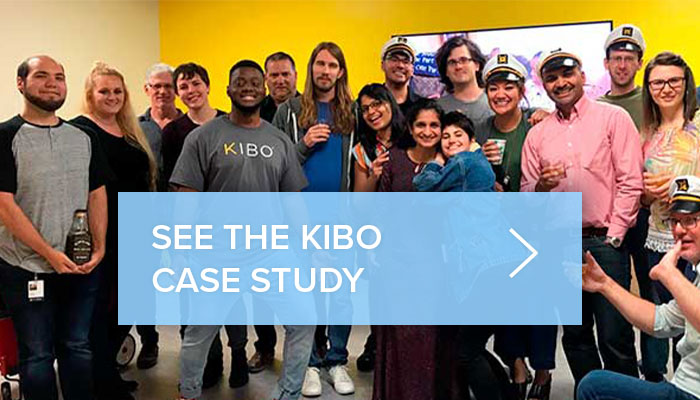



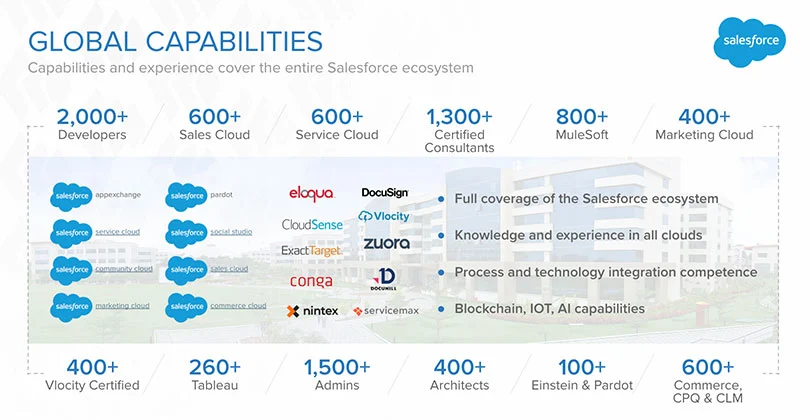
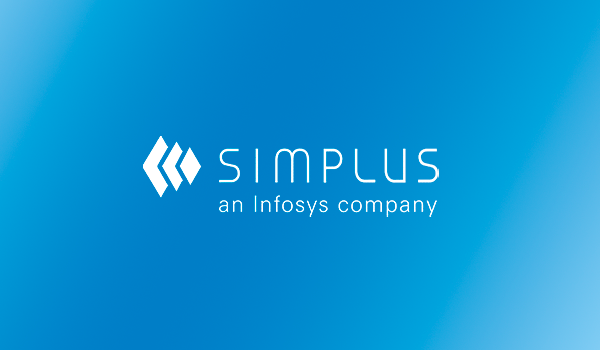

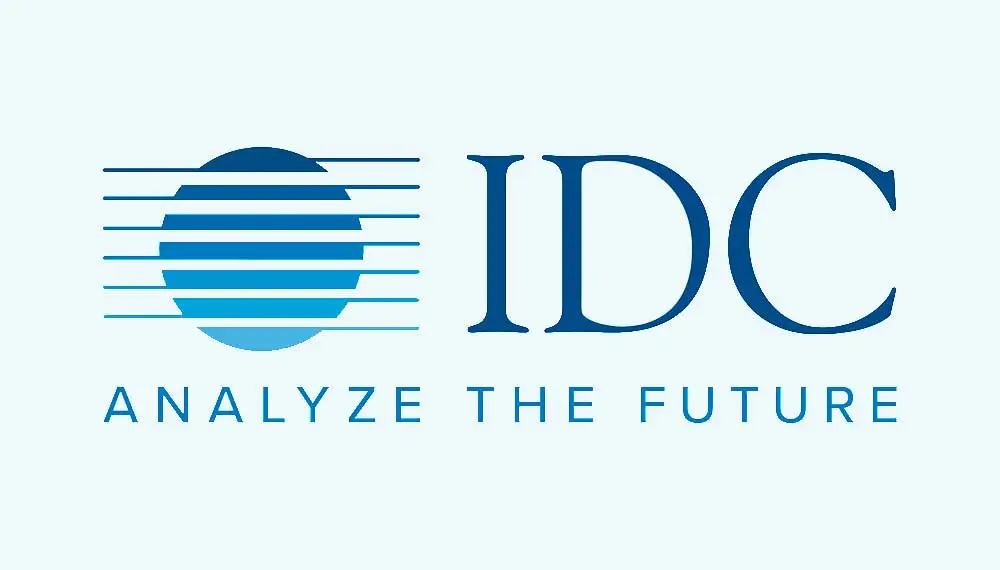






















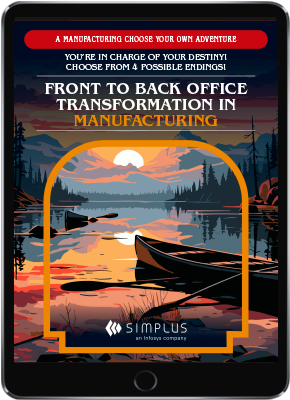





















0 Comments